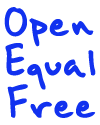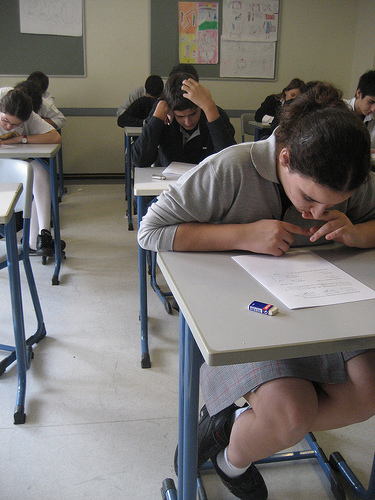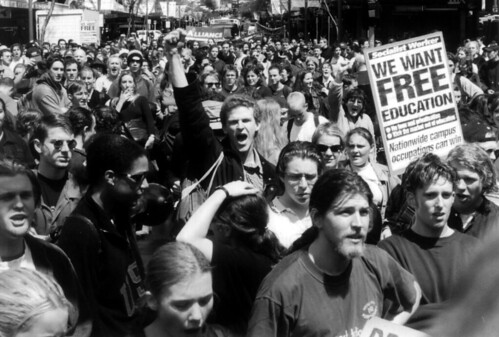Cambodia to Teach Anti-corruption in Schools
 The Prime Minister of Cambodia, Hun Sen, declared that the state will incorporate anti-corruption curricula into the national school system. This decision came in time for International Anti-Corruption Day. It is also a response to Cambodia’s reputation as one of the most corrupt countries in the world. According to Transparency International’s annual corruption index, Cambodia ranked 160 out of 177 countries evaluated, making it the most corrupt country in Southeast Asia as perceived by investors and the private sector.
The Prime Minister of Cambodia, Hun Sen, declared that the state will incorporate anti-corruption curricula into the national school system. This decision came in time for International Anti-Corruption Day. It is also a response to Cambodia’s reputation as one of the most corrupt countries in the world. According to Transparency International’s annual corruption index, Cambodia ranked 160 out of 177 countries evaluated, making it the most corrupt country in Southeast Asia as perceived by investors and the private sector.
Cambodia‘s Ministry of Education, Youth and Sport is working together with the country’s Anti-Corruption Unit to develop lessons that will teach students about corruption. Once completed, a committee will convene to review these lesson plans before they are incorporated into the national school system’s curricula in 2014.
This educational initiative is part of the Cambodian government’s ongoing battle to stop corruption in the country. Most recently, 25 government officials were sent to a 20-day course this month at the China Academy of Discipline Inspection and Supervision to learn strategies for avoiding and preventing corruption. There have been several attempts to improve anti-corruption strategies over the past few years, most notably the 2010 creation of the Anti-Corruption Unit. Although this development offered hope for improvement, according to Global Witness the Anti-Corruption Unit cannot stop corruption among high government officials because it is not run independent of the government.
Hun Sen has revisited the issue of corruption as he begins his new term as Prime Minister (from 2013-2018). He considers corruption to be a a factor in a variety of social, economic and political issues that continue to affect Cambodia’s development. For this reason, he announced “I would like to reiterate the firm commitment of the fifth term government in stamping out corruption, which is a major obstacle to economic development and poverty reduction.”
The question is whether new attempts to address corruption will be any more effective than those that have been tried in recent history.
The executive director of Transparency International Cambodie, Preab Kol stated “the government needs to enforce the anti-corruption law without exception. It needs to enhance its auditive and investigating systems to increase accountability. Third, raise awareness in the public to put pressure on and report crimes of corruption. If there is just political rhetoric and threats without any concrete measures, there is no hope for any improvement.”
Creative Commons Love: Beth Kanter at Cambodia4kids.org on Flickr.com




